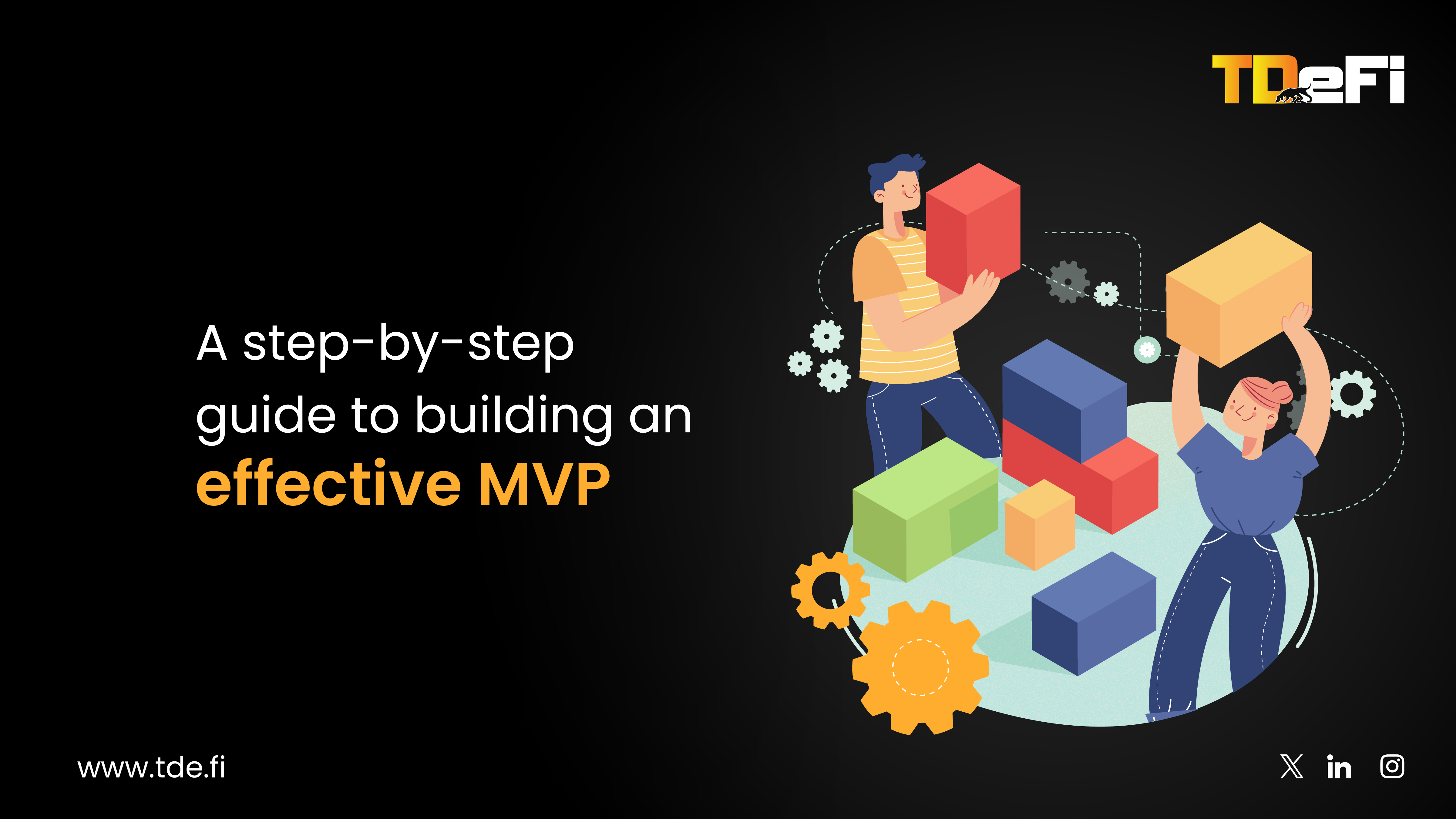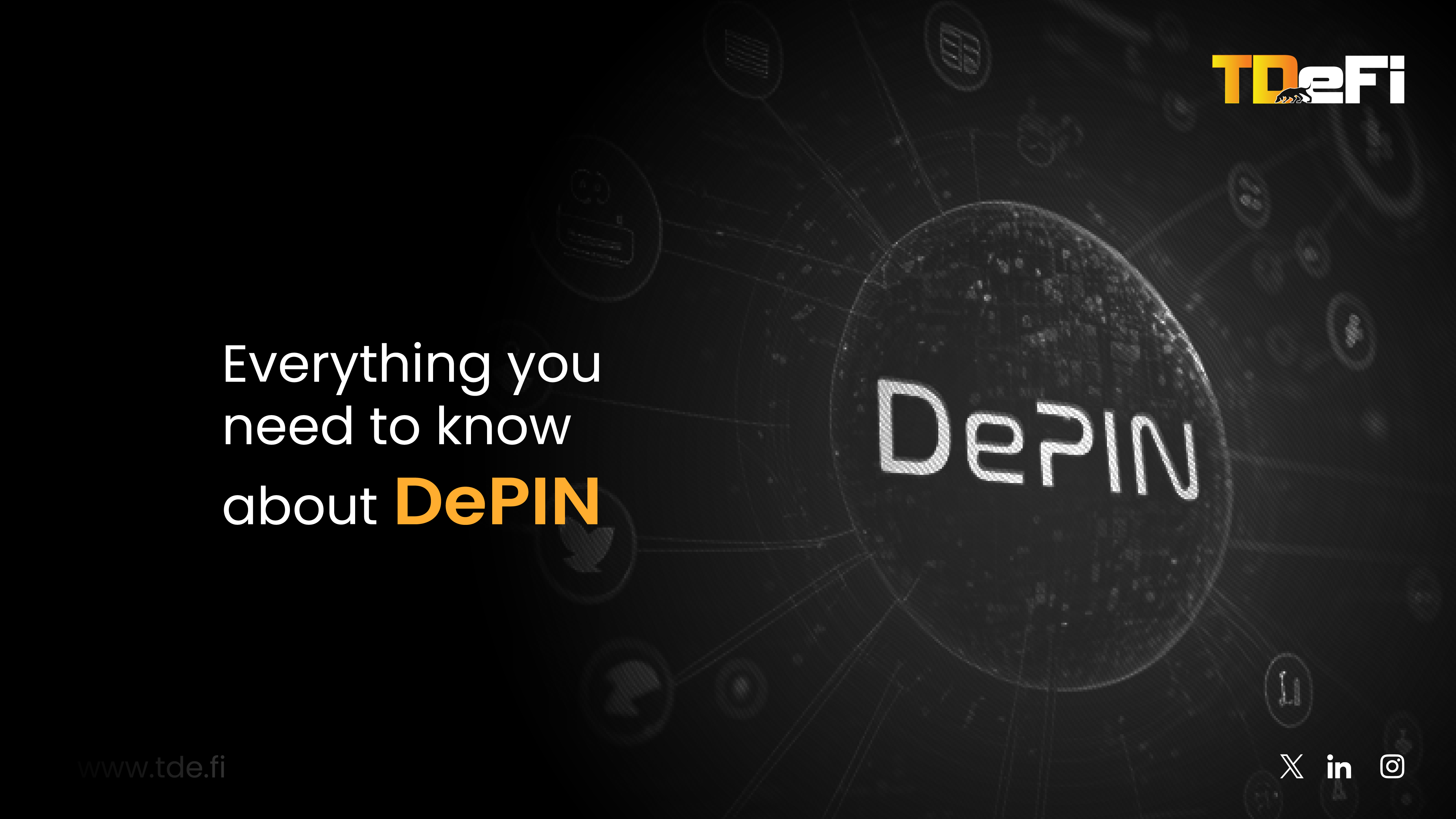As Web3 technologies progress, they are reshaping industries such as finance and supply chain management by decentralizing control and boosting transparency. However, as with any technology, security vulnerabilities can compromise the system’s integrity. One of the most critical tools to secure Web3 applications is the smart contract audit, a process that can prevent potential exploits and ensure trust among users.
In this blog, we will explore the intricacies of smart contracts, what parameters smart contract audits cover, notable players in the audit space, and examples of audited versus unaudited projects.
What are Smart Contracts?
Smart contracts are self-executing contracts where the terms of the agreement between buyer and seller are directly written into lines of code. These contracts run on blockchain platforms like Ethereum, Solana, or Binance Smart Chain, executing predefined actions once specific conditions are met. They automate transactions and remove the need for intermediaries, offering a trustless system where the code governs the rules.
While smart contracts eliminate the need for a middleman, they are only as secure as the code they are written in. A single vulnerability in the code can lead to catastrophic failures, such as theft of funds or breaches in privacy. This is where smart contract audits play an essential role.
The Need for Smart Contract Audits
Smart contracts, once deployed, are typically immutable, meaning they cannot be changed or updated. This makes thorough audits crucial before deployment. In Web3, where value can be locked into decentralized applications (dApps), any vulnerability can be exploited, resulting in huge financial losses.
A smart contract audit involves reviewing and testing the code to ensure it is free from vulnerabilities, behaves as expected, and complies with security best practices. It acts as a form of quality assurance, enhancing trust in decentralized platforms.
Why Audits Matter?
- Security: Prevents hackers from exploiting flaws to drain funds.
- Compliance: Ensures that the contract adheres to blockchain standards and legal regulations.
- Performance: Optimizes contract efficiency to lower gas fees and prevent unnecessary computational load.
- Reputation: A well-audited contract signals credibility to investors and users.
Audit Parameters: What Do Auditors Look For?
A smart contract audit is a comprehensive process that evaluates different facets of the contract’s code. Here are the critical parameters considered during an audit:
- Code Review: This is the most fundamental part of the audit. It involves reading through every line of code to identify any errors, bugs, or vulnerabilities that could be exploited. Common issues include reentrancy attacks, unchecked external calls, or integer overflows.
- Security Vulnerability Assessment: Auditors simulate various attacks to see how the contract behaves under stress. They check for known vulnerabilities like front-running, flash loan attacks, or denial-of-service exploits.
- Functional Testing: Auditors check that the smart contract performs exactly as intended in various conditions. This involves examining edge cases and extreme inputs to ensure robustness.
- Gas Optimization: Auditors review the contract’s structure to ensure that it is optimized for lower gas consumption, which can save users money when executing transactions on the blockchain.
- Compliance Checks: Smart contracts are evaluated for compliance with blockchain standards, such as the Ethereum Request for Comment (ERC) standards, and any specific governance protocols of dApps.
- Business Logic Review: Beyond technical issues, auditors also assess whether the contract’s logic aligns with its stated goals. Any discrepancies in the code can lead to unintended behavior or the contract being unusable.
Major Players in Smart Contract Auditing
With the increasing demand for secure decentralized systems, several specialized firms have emerged to audit smart contracts. Here are some of the key players dominating the smart contract audit industry:
- CertiK: CertiK is one of the most well-known blockchain security firms, offering end-to-end audits. Their rigorous approach includes manual review, formal verification, and continuous monitoring. They have audited projects like PancakeSwap and Aave.
- ConsenSys Diligence: As part of the larger ConsenSys ecosystem, Diligence provides auditing services tailored to Ethereum-based projects. Their extensive experience in Ethereum development makes them a trusted player for Web3 dApps.
- OpenZeppelin: OpenZeppelin offers both auditing services and a library of secure smart contract templates. They are known for their contributions to blockchain security standards and have worked with major projects like Compound.
- Quantstamp: Quantstamp provides both automated and manual audits. They have a strong focus on scaling security for emerging decentralized projects and have audited over 200 projects including MakerDAO and Binance’s stablecoin.
Case Studies of Audited vs. Unaudited Projects
The year 2024 has already seen significant examples of the consequences of auditing—or failing to audit—smart contracts. These cases highlight the vital role that audits play in ensuring the security of the Web3 ecosystem.
Audited Project: Euler Finance Recovery
Euler Finance, which experienced a major $195 million hack in March 2023 due to a vulnerability in its smart contracts, made headlines in 2024 for its post-incident recovery and improved security measures. After the hack, Euler’s team invested heavily in a comprehensive audit by multiple firms, including CertiK and Trail of Bits, to prevent any further breaches. This extensive auditing process helped restore confidence in the protocol, and in 2024, Euler successfully relaunched, showcasing the benefits of thorough audits. The recovery of most of the stolen funds, thanks to these security upgrades, allowed Euler to regain user trust and operate securely in 2024.
Unaudited Project: BaseBros Fi Rug Pull
In September 2024, BaseBros Fi, a decentralized finance protocol built on the Base blockchain, disappeared after executing a rug-pull, stealing approximately ~ $130K worth of user funds. The project had been promoting its yield optimization features, but it failed to audit its critical Vault contract. While some of its smart contracts had been audited, the key contract used in the theft had not undergone any audit. This omission allowed the project’s operators to exploit a backdoor in the unaudited contract, facilitating the theft. The funds were funneled through Tornado Cash, leaving users devastated and the project’s website and social media deleted.
Conclusion
In the Web3 ecosystem, where trust is transferred from centralized entities to decentralized code, ensuring the security of smart contracts is critical. Smart contract audits provide the necessary assurance that decentralized applications can be trusted with user funds and data. Without proper auditing, even the most promising projects are vulnerable to devastating hacks.
As Web3 continues to grow, smart contract audits will remain one of the most important pillars for ensuring security, trust, and the continued growth of decentralized technologies. By staying proactive and investing in proper audits, projects can avoid costly errors, safeguard their reputations, and contribute to a more secure decentralized future.





